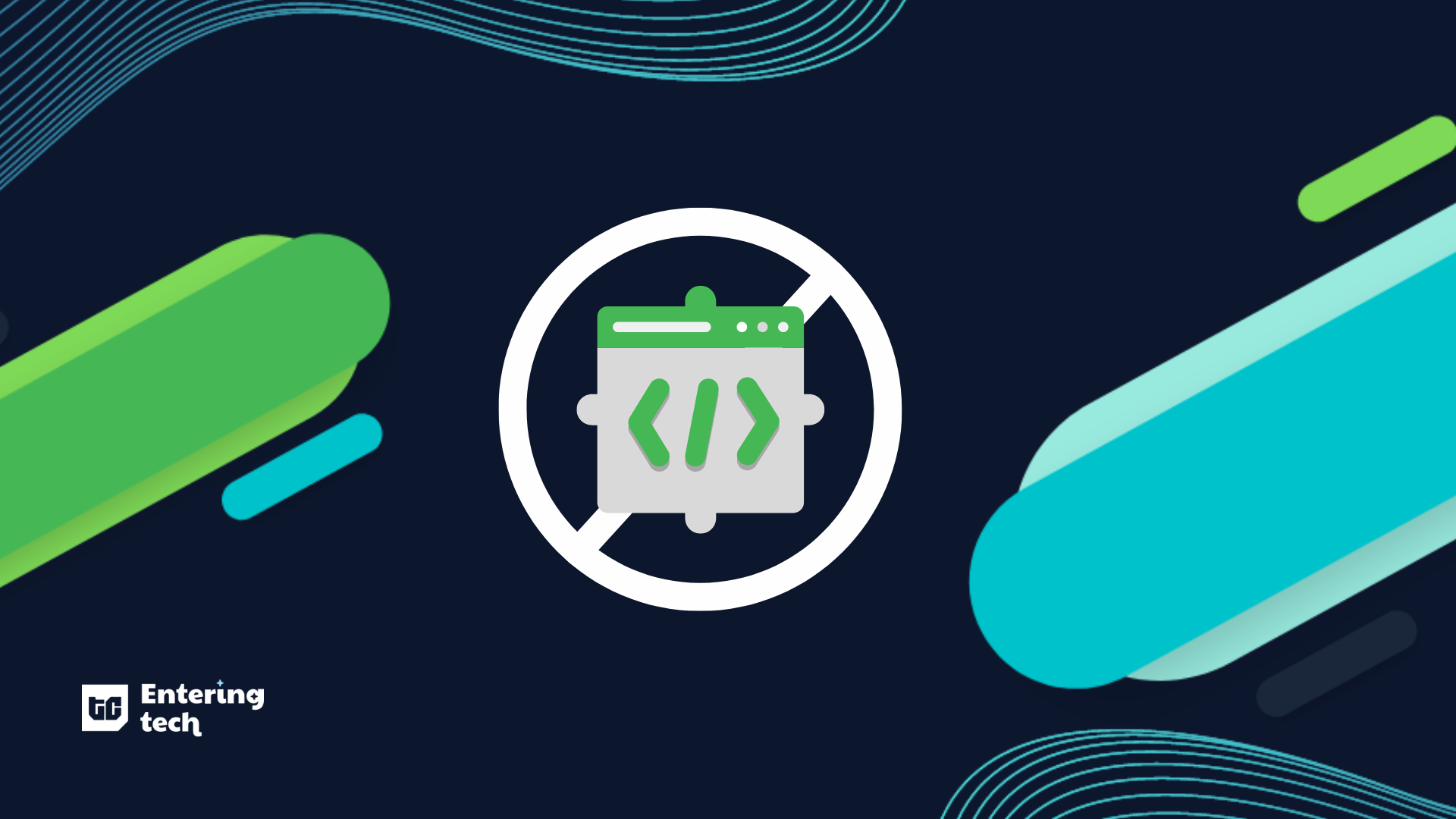
#Issue 001
View in BrowserBrought to you by

#Issue 001
Five no-code
tech jobs
Hi 👋🏾
Welcome to the very first edition of Entering Tech!
For starters, we wanted to talk about a misconception we’ve seen repeated on Twitter, LinkedIn, even TikTok: that you need to know how to code to work in tech.
This couldn’t be more wrong.
Sure, coding is an integral part of digital technologies from social media apps to electric vehicles. But that doesn’t mean only coders/developers can work in tech.
Tech companies are like all other companies. Coders help develop the product but there are many other career paths that help build the tech industry.
So for this first edition, we’re going to highlight five no-code careers you can explore if coding isn’t for you.
This is the very first edition of Entering Tech, and we’re open to ramping things up. If you have ideas or feedback, share with us at newsletter@techcabal.com, we’d love to hear from you.
Now, let’s dive in.
by Timi Odueso and Immaculata Abba

Tech Trivia Questions
Some trivia before we begin. Answers are at the bottom of this newsletter.
- Which African country wants people to pay a recurring annual fee to work in tech?
- What did the present CEO of Google start out as when he joined the company?

Five no-code tech careers to explore
They work with designers, engineers, researchers, and everyone else to get this done.
Social media managers are responsible for content planning, creating and monitoring across platforms to increase brand awareness and engagement. They’re the voice of the organisation. All those fun Twitter threads with companies roasting each other? They’re made by social media managers.
Types of digital marketing include social media marketing, pay-per-click advertising, search engine optimisation (SEO), search engine marketing (SEM), and others.
There are lots of writing roles in tech. There’s SEO writing, which is the act of writing for the purpose of improving your rank on a search engine; and technical writing which involves straightforward, easy-to-understand explanations of and instructions for a particular subject.
Others include proposal and grant writing, product review writing, and UX writing.
User experience designers make the usability of your product or service easy. They improve its efficiency and usefulness, making it more enjoyable for users. To make the user experience seamless, they combine market research, strategy, planning, and design. They work closely with a UI designer, managers, developers, engineers and customers.
UX design was ranked as one of the top 10 in-demand skills of 2020 by LinkedIn, so its importance and demand are not in question.

Hear it from a no-code tech bro
For this week’s edition, we’ve brought a tech bro whose actual job has very little to do with coding.
Christian Obi is a product manager at an asset management company. He is a part of the company’s tech team working on a mobile app.
Q. What’s it like being a product manager?
Chaotic. I am the middleman between the developers and the business and therefore the bearer of good news and bad news—and the latter is more frequent.
Product managers make sure that the product comes out on time and troubleshoot the product features to make sure that the best features are achieved while accounting for regulations and user behaviour.
People think product management is not hard because it does not involve coding but it’s like any other job. It has its ups and downs.
Q. Why did you choose to become a product manager?
Before I ventured into product management, I worked as a strategist at an ad agency. We worked on briefs for tech products that were looking to enter the market. It usually felt like the clients expected us to magically create a market because the products were really horrible. I always complained about it, but I eventually got tired of complaining and decided to get into the field. I took a few courses, connected with people in the space, and eventually landed a job.
Q. How was the transition?
I had a rough start. My onboarding at my first product management job was too quick. I felt flung into the role and given too many responsibilities too quickly. The company was using its product to build products for several other companies, so I was usually working on like six different products at a time. My past experience of working on several projects simultaneously helped. I got confused a lot in the beginning, but I knew other people in tech, so I spoke to them about my challenges often and that helped. My biggest challenge was documentation. I would advise anyone trying to get into product management to work on their documentation skills.
I started learning online on Udemy. I also spoke to a lot of product managers and other people in tech. I got my first practical experience working on a pet project with a friend—a UI/UX designer. We handled it like an actual project and even got a developer friend onboard. I got my first role after that project.
Q. Which skills do you consider most important for your role?
It’s not very different from other industries, but I think that the roles and hierarchy are better defined. I have also found that there is a slight but important difference in the way you talk to developers and other people like the quality assurance team. Before I learned that, I used to be at loggerheads with a developer on my team, but things have been much smoother after I learned it.
Q. What tools can you not do without at work?
Aside from my journal, I need Confluence for documentation, Jira for tracking the activities of everyone on the team, and Miro and Figma for building user flows.

You can be a no-code techie too
If you’re interested in kicking off your career in any of the 5 careers we’ve mentioned in this newsletter, here’s a list of resources you can use to kick-start your tech career.
- Price: Free
- Duration: 40 hours
- Tools Needed: Internet + phone
- Level: Beginner
- Price: Free
- Duration: 18 hours
- Tools Needed: Internet + Phone
- Level: Beginner
- Price: ₦55,000 || GH₵1,310 || Ksh15,640 || R2,205
- Duration: 12 weeks
- Tools Needed: Internet + Phone
- Level: Beginner
- Price: ₦140,000 || GH₵3,340 || KES39,800 || R5,620
- Duration: 12 weeks
- Tools Needed: Internet + Phone
- Level: Intermediate

Ask a techie
Have a question about working or breaking into tech? Ask here!

Tech Trivia Answers
- It’s Kenya! Here’s a little bit more about the ICT Practitioners’ Bill which wants all Kenyan tech workers to pay licensing fees and have 3 years of experience before working.
- In 2004, Sundar Pichai started out as a product manager for Google and a year later, he launched Google Maps which now has over 1 billion users.

Opportunities
- Netflix has extended its Netflix Creative Equity Scholarship Fund (CESF) to film and television students in the West and Central Africa region. Applications are now open for students to apply to study at institutions in Nigeria, Ghana, Benin and Gabon. Apply by September 4.
- Big Cabal Media – Head of Events – Lagos, Nigeria
- Big Cabal Media – Reporter, Citizen – Lagos, Nigeria
- Big Cabal Media – Newsletter Editor, Citizen – Lagos, Nigeria
- Big Cabal Media – Multimedia Content Creator, Citizen – Lagos, Nigeria
- Big Cabal Media – Newsletter, Editor, Zikoko – Lagos, Nigeria

No longer want to receive these emails? Unsubscribe here

























